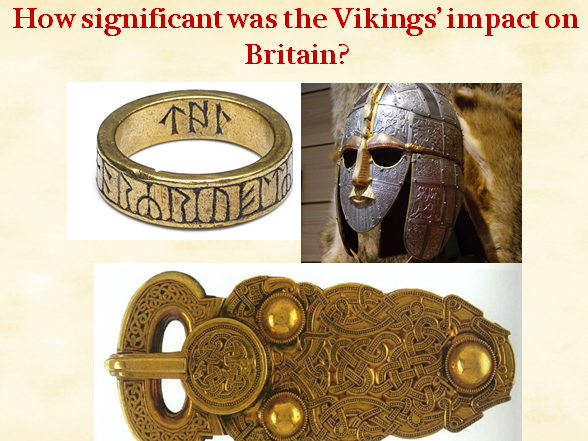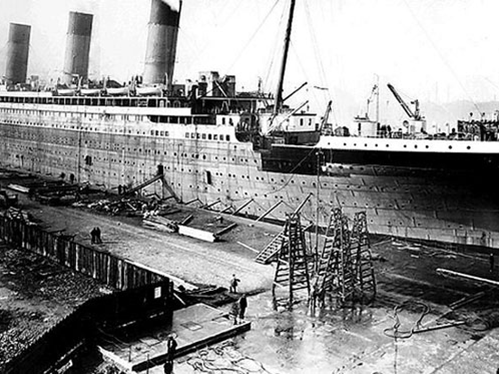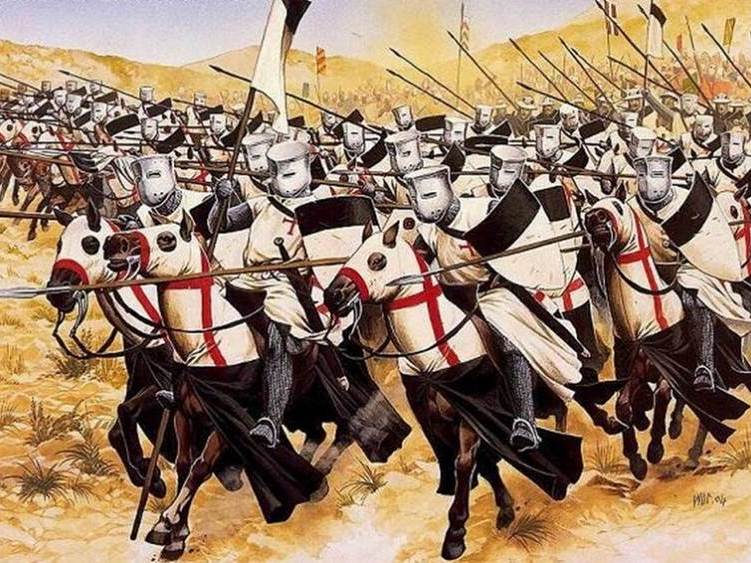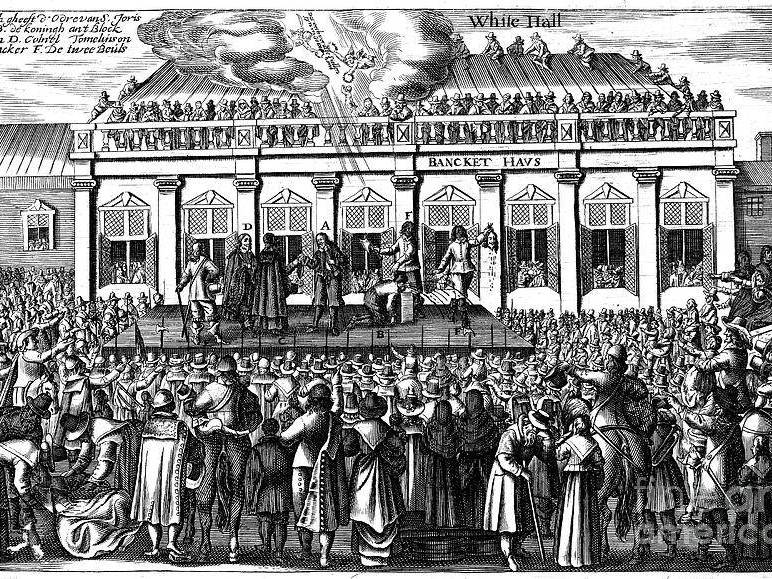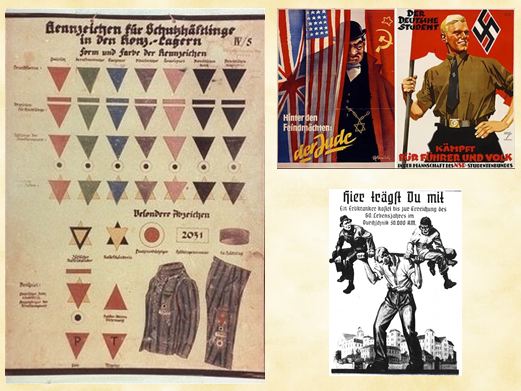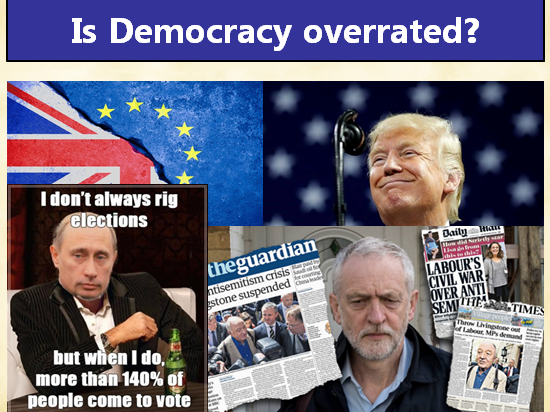
24Uploads
8k+Views
5k+Downloads
All resources

How significant was the Vikings’ impact on Britain?
A higher ability Year 7 lesson on the impact of the Vikings on Britain. Begins with a discussion of historical significance, and progresses to a card sort and a graphical representation of the significance of different impacts that the Vikings had. Was an observation lesson judged outstanding.

How did the Qing Dynasty come to power?
The second lesson in a mini scheme of work on Qing China that explores how the Manchu tribe were able to overthrow the Ming Dynasty and take over power.
This lesson not only explores the key events in that process, but examines continuity and change from the Ming Dynasty before it through a card sort and analysis activity.

The Gin Craze: A concerning continuity in British History?
A KS3 Yr8 lesson on the Gin Craze that fits in as a bit of light relief to a unit on the industrial revolution. The lesson is based around Hogarth’s Beer Street and Gin Lane cartoons, and could be extended to fully utilise the source information provided.

Why was the sinking of the Titanic so controversial?
A Year 9 lesson that analyses the controversy of the sinking of the Titanic using a modern day parallel between that and the Grenfell Tower disaster.
Students begin by reading two different articles about Grenfell, and then use them to come up with criteria for what makes an event controversial.
These are then applied throughout the lesson, as the students sort through factors that made the sinking of the Titanic controversial, and to draw comparisons to modern day disasters and controversies such as Grenfell.
Rated outstanding in an observation.

How did a sandwich lead to WW1?
A year 9 lesson on how the assassination of Archduke Franz Ferdinand led to the First World War.

Introduction to Qing China
This is an introductory lesson to a mini Year 8 scheme of work on Qing China - within this lesson, the students will compare what events are going on in European history against those in Qing China to give them an overview of the time period grounded in their prior knowledge of European history.

Why was control of Jerusalem important?
A Year 7 lesson that could go at the beginning of a Crusades topic on why Jerusalem was significant in the middle ages. The lesson includes a fact finding activity about Jerusalem and a guided analysis of Pope Urban’s speech.

Were the English right to execute their King in 1649?
A Yr8 Civil War lesson on whether or not Parliament were right to execute Charles I in 1649. This is at least two lessons’ worth of material: in the first lesson, students categorise justifications for and against executing Charles, and then evaluate and analyse the reasons behind the decision.
The pupils then go on to create a newspaper article (“The Execution Special”) from either Parliament’s or the Royalists’ perspective about what happened, why and whether it’s good for England’s future.

What was life like in Qing China?
This is the third lesson in a mini scheme of work on Qing China, in which students learn what life was like under Qing rule.
Within the lesson(s), the students explore what life would have been like for different groups of people in the Qing Dynasty through the studying of a number of different primary sources, which then leads into a research project on a “Guide to life in Qing China”, for which there is also resources attached.

The Opium Wars
This is the final lesson in a mini scheme of work on Qing China which focuses on the Opium Wars.
Within this lesson, the students will:
Learn about what opium is and why it was historically significant
How the trade in Opium impacted Qing China
Create a storyboard of the First Opium Wars
Analyse what this event tells us about Anglo-Chinese relations
Debate the ethics of the issues raised in this conflict.
This lesson would also work well as a standalone lesson in a broader scheme of work about Britain’s empire in the 19th Century.

What was the impact of WWII on the Home Front?
A Year 9 lesson that explores the impacts that the Second World War had on British civilians on the Home Front. This covers effects such as rationing, evacuation and also the broader impacts on British society that resulted from WWII.

How did William the Conqueror solve his problems?
A lesson that fits in nicely to a sequence about the Norman conquest - this lesson focuses on what problems William faces in the immediate aftermath of the Battle of Hastings and then in the longer term after he has been crowned King.
The students are given a number of problems (I normally make them into scrolls and deliver one to each student) and they have to come up with their own solutions.
Once they have done this for each problem, there is a discussion quiz that goes through the different potential solutions to each problem and reveals the option that William took.
At the end, there is a task where they compare their decisions to William’s, and think about what they show us about William as a leader.

What caused the English Civil War?
A really interactive Year 8 lesson on the causes of the English Civil War. Students work in groups of four and make a number or decisions based on Charles’s reign as King and see whether or not they would make the same mistakes as him in the build up to the Civil War. Whiteboards are essential! This is easily two lessons’ worth: one entire lesson for discussion, the second to finish it off and construct a timeline of events.

What were conditions like in the trenches
A Year 9 lesson on conditions in the trenches, beginning with a story about the mud at Passchendaele, an analysis of what made trenches such an effective system of defence in the first place and then an evaluation of what trench conditions were like and the biggest dangers a soldier on the front line would have faced.

Industrial Revolution: Inventions and mechanisation
A KS3 Yr8 lesson that explores inventions and mechanisation in the industrial revolution, with differentiated card sorts and an optional dragon’s den activity at the end! (Could easily be turned into 2-3 lessons).

How did Antisemitism escalate in Nazi Germany
A GCSE Lesson on how Antisemitism escalated between the years 1933-41 in Nazi Germany using the incredible diaries of Victor Klemperer to exemplify what happened.
Students start the lesson looking at different propaganda pieces targeting different minority groups, which leads to a discussion of why the Nazis persecuted specific minorities in the first place. Their focus is then directed specifically onto how Jews are increasingly persecuted throughout 1933-41.
Students then have to try to match up the diary extracts to the year they think they were from and theorise about the nature and progression of Antisemitism and persecution in Nazi Germany.
This is then finalised by creating their own chronology of Klemperer’s life, with lots of discussion along the way about what the extracts show us about persecution in Nazi Germany and what the key years and turning points are in the treatment of the Jews.

How do direct and representative democracy compare?
An activity and resource designed for A-level politics students that gets them comparing direct and representative democracy, along with their theoretical advantages and disadvantages - topped and tailed with some discussion activities revolving around the use of referendums and direct democracy - used for the Edexcel exam board.

Was Oliver Cromwell a hero or a villain?
A nice Year 8 lesson on whether or not Cromwell was a hero or villain.
The students begin with a discussion about what his statue outside Parliament tells us about him as a man, and then progress to sorting out different reasons for each opinion through a card sort/categorisation activity, and then finish off with a mini team debate.

Is democracy overrated?
An introductory lesson to the Edexcel Gov and Politics A-level course. The students discuss recent current affairs that illustrate that democracy is potentially overrated, and are then given a scenario of setting up a new government on a desert island. Prep for that takes one lesson, the next lesson is them presenting their island governments with the rest of the students peer assessing their ideas.

Why was the Battle of Britain a turning point in WWII?
A lesson that explores the significance of the Battle of Britain in the context of WWII, and why it has been remembered as such an important moment in British history.
Higher and lower ability categorising sheets attached.

